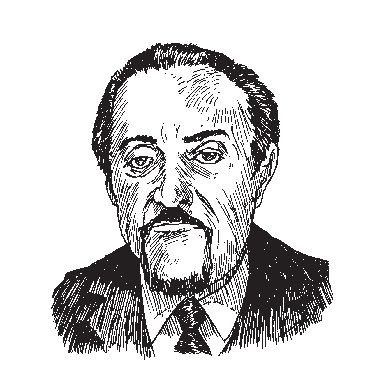Put yourself in the following situation. You’ve agreed to participate in a Yale University study that explores the use of punishment to aid learning and memorization skills. You’re randomly assigned the roll of “teacher”; the “learner” is strapped to an apparatus in the next room and given a series of memory exercises. Your task as the teacher is to press a lever that sends an electric shock to the learner every time he answers a question incorrectly. The shocks increase in intensity for every incorrect answer—up the scale from level 1 (15 volts) to level 13 (195 volts, marked “Very Strong Shock”) to level 25 (375 volts, “Danger—Severe Shock”), ending at level 30 (450 volts, marked “XXX”). The learner you’ve been paired with is not doing well. He’s making a lot of mistakes and has begun complaining about the pain from the shocks. You check with the experimenter and he assures you that it’s OK to continue. Still more mistakes. Now the learner screams in pain at every wrong answer. He begs you and the experimenter to let him out. He complains about a heart condition. You’re up to level 13 now, 195 volts, labeled “Very Strong Shock.” You don’t want to continue, but the experimenter reminds you that you agreed to do this and claims that he will take full responsibility for whatever happens. The learner screams that they have no right to keep him here. The experimenter asks you firmly to keep going.
What would you do in this situation? Would you take a stand and walk out? Or would you keep pulling the levers, all the way up the scale, past the point where the screaming from the other room has turned into silence….
You have reached your article limit
Sign up for a digital subscription and continue reading all new issues, plus our entire archives, for just $1.50/month.
Already a subscriber? Sign in





